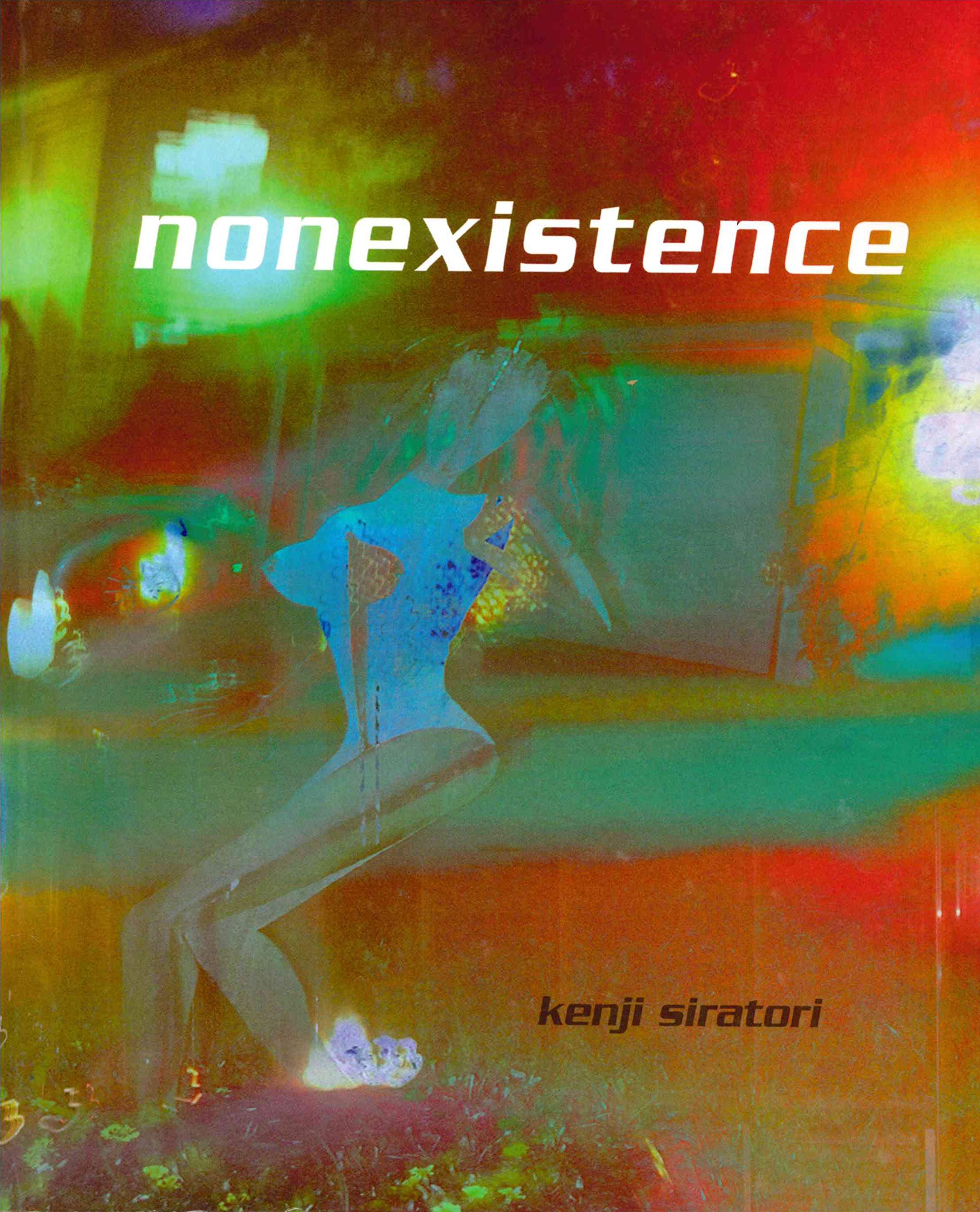Dennis Barone’s latest work, A Field Guide to the Rehearsal is a most unique book, an open-form, subtly off-beat narrative, a mixture of poetry and prose, of memory and concrete, image-filled metaphysics. Or as the narrator asks the reader in “Decalogue”:
Rather than a frame for a story, consider the limitations of framing a life. End with a grand metaphysical speculation situated in the most ordinary of things. Mystery creates a frame as its only explanation. Consider the hotels actors occupy.
And Barone’s wonderfully mysterious, deft book does exactly this.
Barone maps an extraordinary range of human characters, predicaments, and emotional states to reveal the humor, anxiety, and wonder of being in the world. But there’s a real kicker embedded within this larger human landscape. It is this: The personal landscape of the narrator who deals with a serious health issue, the major surgery due to it, the recovery that follows, and the life memories elicited during before, during, and after this event. Thus, this field guide maps the personal as well as the larger landscape of life’s terrain. And on both levels what terrain it is, encompassing the everyday, the psychological, and the spiritual.
The four numbered sections of the book map aspects, or markers, of the parallel landscapes. Through an exquisite series of prose poems, Section I provides a general description of the human endeavor in living life. We travel the “…old road that holds earth and stones -- persons like-minded” and contemplate those forces that “must dwell between consent and the scared inescapable world.” (“Oath”) Interestingly, we first hear of the narrator’s operation early on in the section in “The Wild Animal-Breath of the World” but only when the narrator tells us of his return home from the hospital. Such poetic slicing creates a spiral of time and events throughout the book.
In the penultimate piece of this section, “Day by Day,” Barone inserts poetry into his prose to deepen the connection between the personal with the larger landscape of humanity, mapping out a path that takes the reader down life’s road. At the end of Section I we realize that this narrative jumping, this supposed rehearsal, is no rehearsal at all; it is the performance.
In Section II, the field guide becomes illustrative, with the author rendering a view of various characters through sharp images that evoke precious moments and states of mind. Here Barone’s sharp wit, humor, well-honed poetic ability render reality not only in concrete terms but with a dash of the surreal. Everyone of these extended prose poems mark and identify human emotional traits, provide a way for us to diagnose ourselves and to view the state of mind of the soon to be patient.
Then, Section III, through the mixing of memory and the metaphysical, spirals into a DNA-like molecule, the final act. Barone meshes the narrator’s personal terrain with humanity’s, the larger landscape that overspreads the entire narrative. The narrator’s operation has taken place, the recovery has set in, just in time for the pandemic. Barone has brought us full circle. And what is left? The poetic image: A woman named Alice finally lights a cigarette, and “The wind makes a sound like speech and she tries to decipher the words.”
Thus, the fourth and last section of A Field Guide to the Rehearsal, Barone’s “Coda: Untitled,” becomes our antiphonal, the narrator’s poetic breviary for the field guide, chocked full of all that is needed to read the landscape: mentions of maps, statistics, folders, highways, mission reports, blueprints, archives, and a call to us, the reader “that you read the handwriting.” That the coda ends with the narrator lapsing into a list of crucial memory fragments of his life universalizes Barone’s deeply spiritual attachment to the personal, typified by the lasting Madonna-like image of his “Juniper Street Mama/Angelina.”
—David Cappella
I have been reading your delightful stories in On the Bus. Or maybe I should say, your sentences as each one seems like a corridor unto itself, even as it drives forward to the next. You sure succeed in creating a fully engaged reader, as you appeal to the cat in me: where will the narrator go next? Like taking a driving lesson in narrative hermeneutics!
—William Boelhower
Dennis Barone achieves many different textures in such a slim book [Field Report]. He lets his mind range over a large, weird, various territory … his world is funny and ominous and perplexing, his way of bringing the reader there strangely satisfying. Barone’s writing opens many doors and leaves them open.
—B. G. Firmani
“Day by Day” is pure Dennis Barone poetry, all shot through with joyful juxtapositions, humble historical arcana, places appreciated and simultaneously made strange and familiar … This is the song of a well-seasoned songbird, unafraid to fly too close to the sun as well as grooved flight paths below.
—Kevin Dann
Dennis Barone is the author of many books of fiction, poetry, and literary studies. Blaze VOX published his book On the Bus: Selected Stories in 2012 and his volume of poetry Frame Narrative in 2018. Other works include Beyond Memory: Italian Protestants in Italy and America (SUNY Press) and Sound / Hammer (Quale Press). He has edited volumes such as Garnet Poems: An Anthology of Connecticut Poetry Since 1776 (Wesleyan University Press) and New Hungers for Old: One-Hundred Years of Italian-American Poetry (Star Cloud Press). He is Professor Emeritus at the University of Saint Joseph, and currently serves as the Poetry Editor for the Wallace Stevens Journal and as President of the Hartford Friends and Enemies of Wallace Stevens.
Book Information:
· Paperback: 122 pages
· Binding: Perfect-Bound
· Publisher: BlazeVOX [books]
· ISBN: 978-1-60964-397-3





